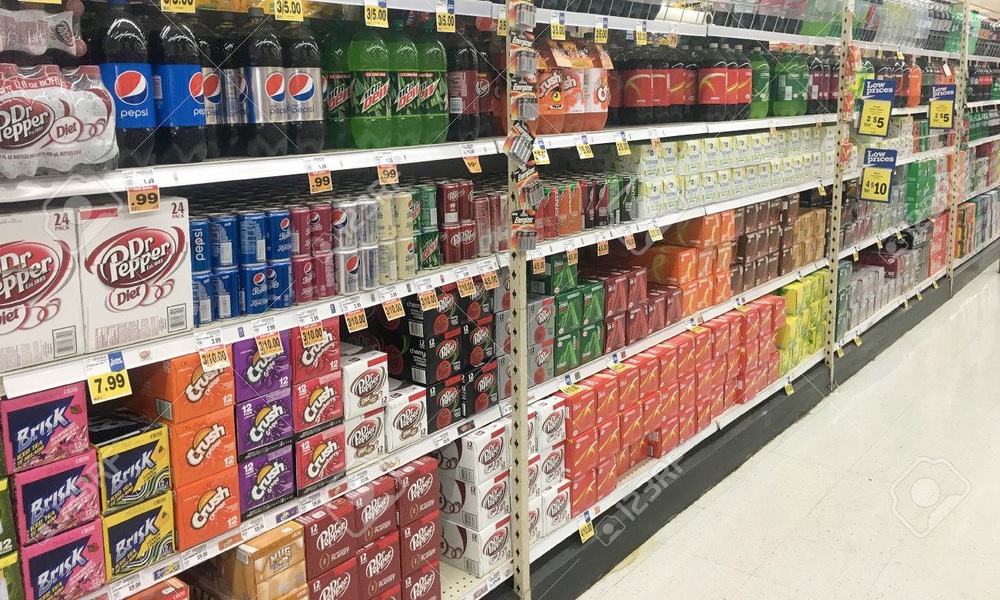Grocery shopping online has become the norm for many people. While it may cost a little more, it can also bring some improvements to your diet, according to a new study.
The widespread offering of online grocery shopping began in earnest with the COVID-19 pandemic in 2020. Before that, it was more of a niche industry and focused on large metropolitan areas. With the COVID outbreak and stay-at-home orders issued by the government, people still needed access to food and other essential items. Online shopping became vital.
Over 5,500 transactions were included in the study by a team at Harvard’s T.H. Chan School of Public Health. In 2015 and 2017, researchers studied the purchasing patterns of approximately 100 shoppers, who both bought groceries online with curbside pickup and shopped in the store to see how their shopping patterns in-store and online might differ.Now that more people are using grocery store websites, understanding how online shopping influences the nutritional profile of food selections is important for future public health messaging.
Buying groceries online did not reduce the purchase of sugary beverages or sweet and salty snack foods, suggesting that these items may be planned purchases and not impulse purchases as once thought because of their conspicuous placement at checkouts and on the endcaps of store aisles.
Little did the researchers know when they conducted this study that in 2021 online grocery shopping would be here to stay. Now that more people are using grocery store websites, understanding how online shopping influences the nutritional profile of food selections is important for future public health messaging.
The possibility of high-tech, advanced online marketing ploys, such as targeted pop-up advertisements, may override the reduced purchase of unhealthy foods seen in this study. Senior citizens may be particularly vulnerable to such sophisticated marketing tactics. It will be important to monitor how marketing practices change in the world of online grocery shopping, and that will be an area for ongoing research.
The study was published in the Journal of Nutrition Education and Behavior.





